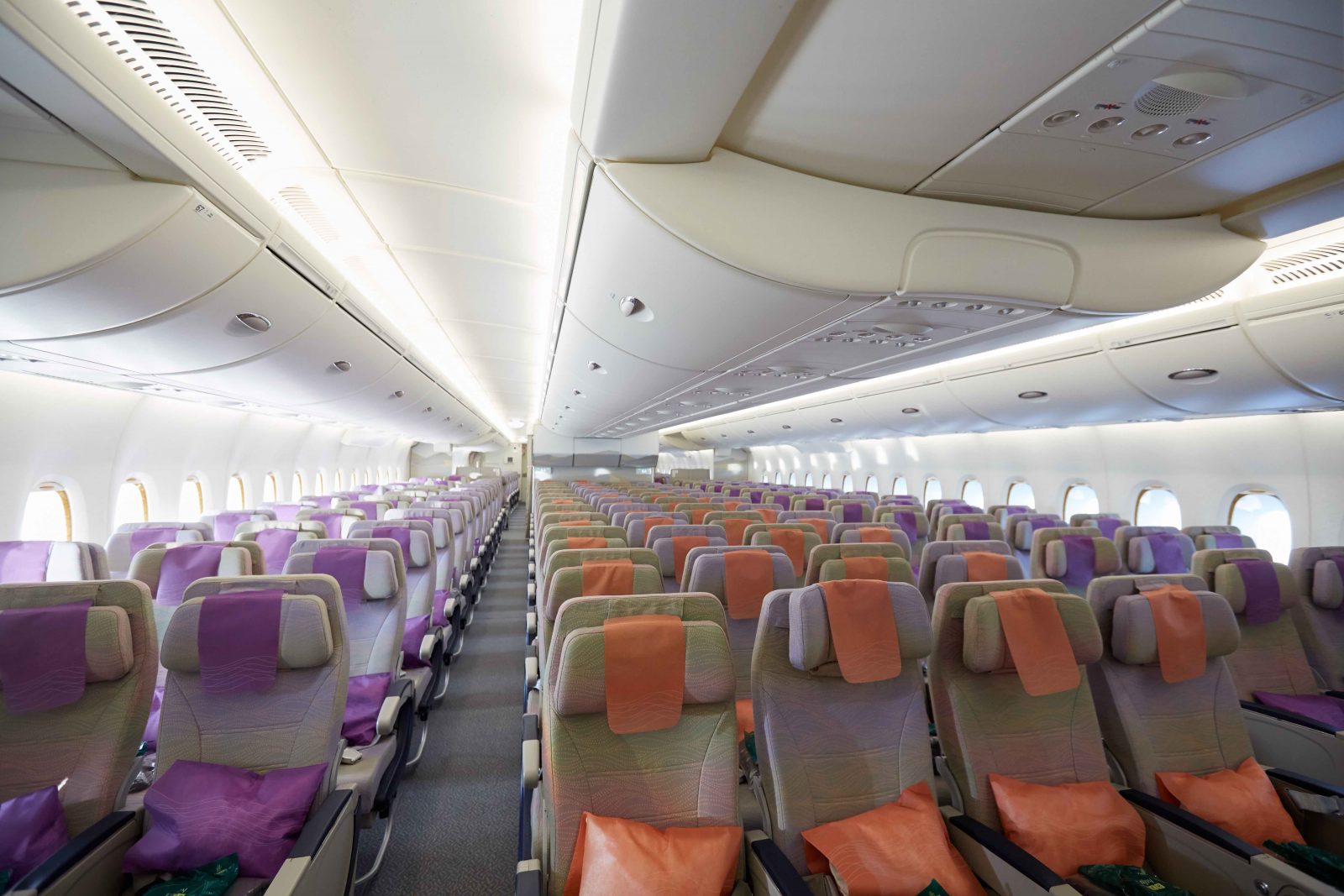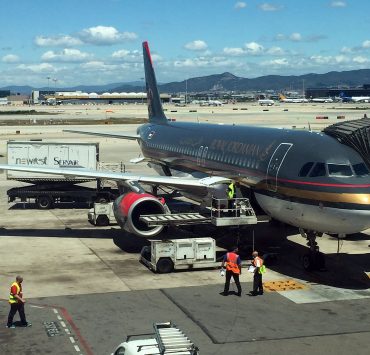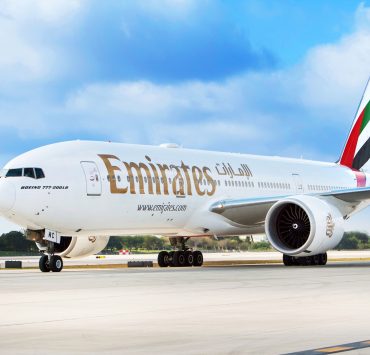
Results from The International Air Transport Association (IATA) show that it might be harder than ever to bag an extra empty seat (or perhaps an empty row) when flying in Economy. More of us than ever are flying and airlines are doing an even better job of filling as many seats as possible on their aircraft.
IATA says demand, measured in revenue passenger kilometres to be technical, rose 7.6% in 2017 compared to the year previous. Our insatiable appetite for international travel has reached record levels with capacity growing by 6.3% across IATA’s member airlines.
The bad news, however, is that despite airlines managing to cram ever more seats on their planes, they are also doing a good job at filling seats. The average load factor for 2017 – a way to measure the percentage of seats filled, came in at 81.4% – a record high.
“2017 got off to a very strong start and largely stayed that way throughout the year, sustained by a broad-based pick-up in economic conditions,” explained IATA Director General, Alexandre de Juniac.
“While the underlying economic outlook remains supportive in 2018, rising cost inputs, most notably fuel, suggest we are unlikely to see the same degree of demand stimulation from lower fares that occurred in the first part of 2017.”
That likely means rising airfares for you me, despite big name airlines like United saying a price war is imminent. The announcement from United at the end of January saw airline share prices tumble as the carrier’s chief executive Oscar Munoz said he planned to increase capacity across United’s network.
While the Asia-Pacific region and Latin America led the way in increasing passenger number, the Middle East was the only region to see a slowdown in annual growth – For the first time in 20 years, the region’s share of global demand actually fell.
IATA said that was likely down to a number of factors including measures imposed by the Trump Administration in the USA. As a result, the load factor for Middle East flights rose just 0.1% to 74.7% – at least that’s good news for passengers wanting that elusive empty middle seat.
“Last year, more than 4 billion passengers used aviation to reunite with friends and loved ones, to explore new worlds, to do business, and to take advantage of opportunities to improve themselves,” commented de Juniac.
“Aviation can do even more in 2018, supported by governments that recognize and support our activities with smarter regulation, fairer taxation, cost-efficient infrastructure and borders that are open to people and trade.”
Mateusz Maszczynski honed his skills as an international flight attendant at the most prominent airline in the Middle East and has been flying throughout the COVID-19 pandemic for a well-known European airline. Matt is passionate about the aviation industry and has become an expert in passenger experience and human-centric stories. Always keeping an ear close to the ground, Matt's industry insights, analysis and news coverage is frequently relied upon by some of the biggest names in journalism.









